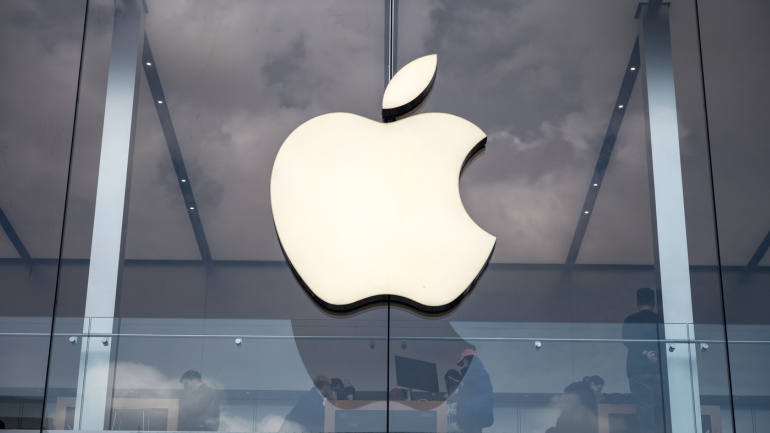Apple’s stance on users’ right to repair their iPhones and Macs has shifted dramatically over the years. From opposing repair rights and warning against potential security risks, the tech giant is now endorsing California’s SB 244, a significant right-to-repair bill with far-reaching implications.
In the past, Apple vehemently resisted legislation like Nebraska’s, fearing it would transform the state into a “Mecca” for hackers. However, the company’s recent self-service repair program, granting users access to tools, parts, and expertise, demonstrates a change of heart. The Californian bill, if passed, would not only bolster warranty laws but also secure citizens’ right to repair a wide array of electronic devices and appliances. Most notably, manufacturers would be obliged to supply parts, tools, and diagnostics to consumers and third-party repair services.
The urgency for such measures arises from the alarming rate at which Californians generate e-waste—roughly 800,000 tons annually, or 54 pounds per second. Such unsustainable levels necessitate immediate action.
While one might criticize Apple’s delayed response, the company’s endorsement of the right-to-repair bill marks a positive shift for consumers, repair professionals, and the environment. Kyle Wiens, CEO of iFixit, calls it a “watershed moment for consumer rights,” akin to the dismantling of tech repair monopolies.
The implications go beyond Apple. Industry titans like Samsung, Microsoft, and Motorola could follow suit, as Apple often sets trends in the tech world. As this change sweeps through the sector, Liz Chamberlain, iFixit’s Director of Sustainability, emphasizes that it’s about more than just parts and tools—it’s about empowering consumers to make eco-friendly choices.
European Union regulations have already prompted changes in Apple’s product design, such as the transition away from the Lightning port and the move toward user-replaceable batteries by 2027.
With Apple’s endorsement, the industry might finally take repairability and recycling seriously. Designing products for easier user repairs, providing necessary resources, and minimizing landfill waste could become the new norm. As winds of change blow through the tech landscape, a new era of repair-friendly consumer electronics seems promising.







